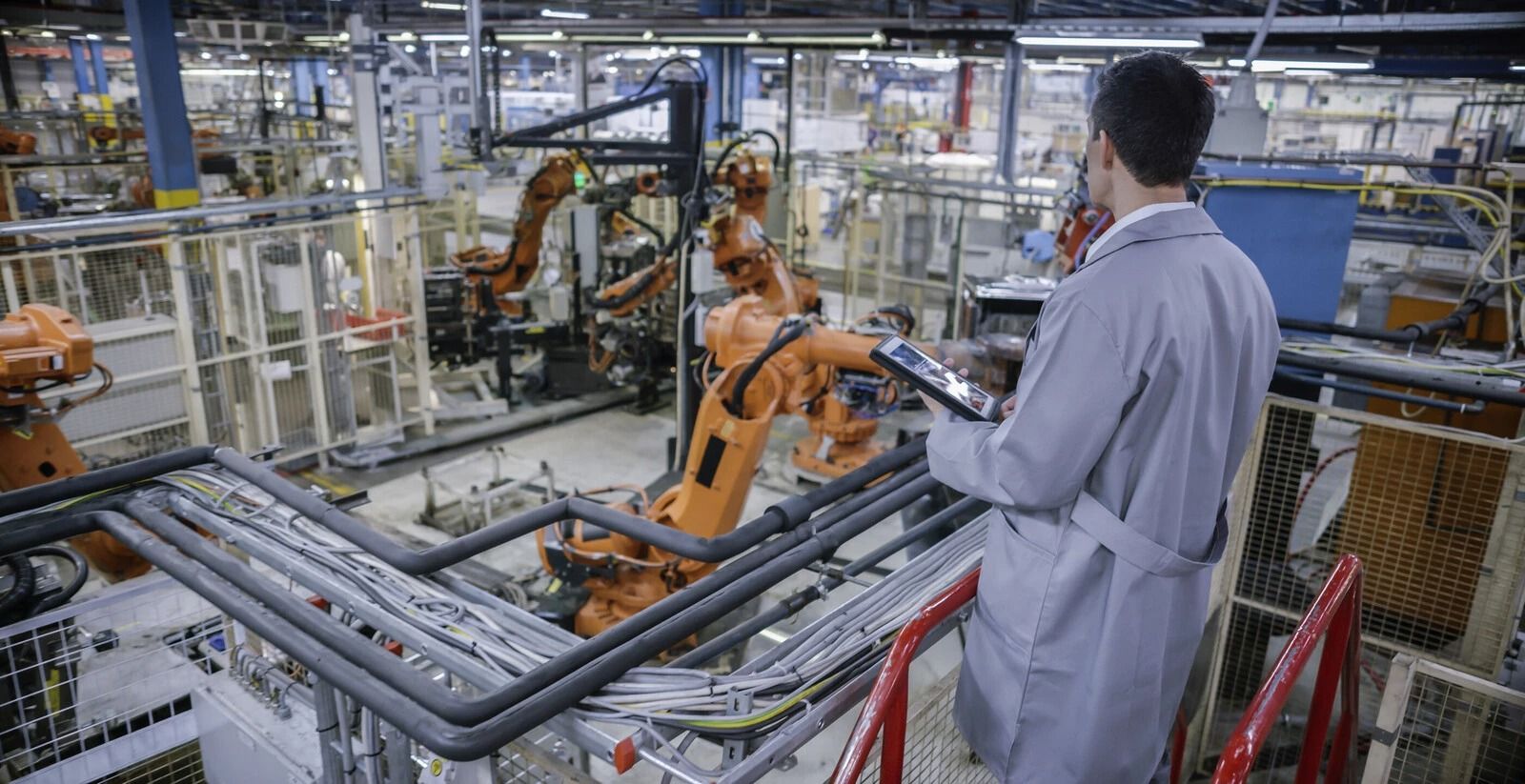Work hours shortened at multiple German factories

By Alimat Aliyeva
German automotive suppliers Bosch and ZF Friedrichshafen (ZF) are planning to reduce working hours at several of their factories in Germany due to delays in chip imports, which have arisen amid ongoing uncertainty surrounding the Dutch semiconductor company Nexperia, Azernews reports.
Bosch has requested the implementation of shorter working hours at its Salzgitter plant in Lower Saxony, where engine control systems are manufactured. The plant employs approximately 1,400 people, though it is not yet clear how many will be affected by the reduced hours.
ZF is also preparing to cut working hours at select facilities. Negotiations are currently underway with the production council regarding this measure for one of its largest plants in Schweinfurt, Bavaria.
The disruptions are linked to recent actions by the Dutch government. On October 12, the Dutch Ministry of Economic Affairs announced the “Accessibility of Goods Act” concerning Nexperia, a semiconductor company owned by the Chinese Wingtech Group. This law is a tool designed to protect strategic assets in exceptional circumstances. Two days later, the Amsterdam Court of Appeal removed Nexperia’s CEO, Zhang Xuezheng, and appointed an interim director. All shares of Nexperia Holding, except one, were transferred to an independent manager.
In response, China imposed export restrictions on Nexperia, prohibiting its Chinese division and subcontractors from exporting certain components abroad, according to Bloomberg. These restrictions have created a ripple effect across the automotive industry, contributing to production delays at major suppliers like Bosch and ZF.
The situation highlights the growing geopolitical risks in global supply chains, particularly in the semiconductor industry. Automotive manufacturers worldwide are increasingly vulnerable to disruptions in chip supply, and this case could accelerate efforts to diversify sourcing and invest in domestic semiconductor production in Europe. Analysts suggest that such events may reshape the future of the automotive supply chain and speed up the transition to localized, resilient manufacturing networks.
Here we are to serve you with news right now. It does not cost much, but worth your attention.
Choose to support open, independent, quality journalism and subscribe on a monthly basis.
By subscribing to our online newspaper, you can have full digital access to all news, analysis, and much more.
You can also follow AzerNEWS on Twitter @AzerNewsAz or Facebook @AzerNewsNewspaper
Thank you!
